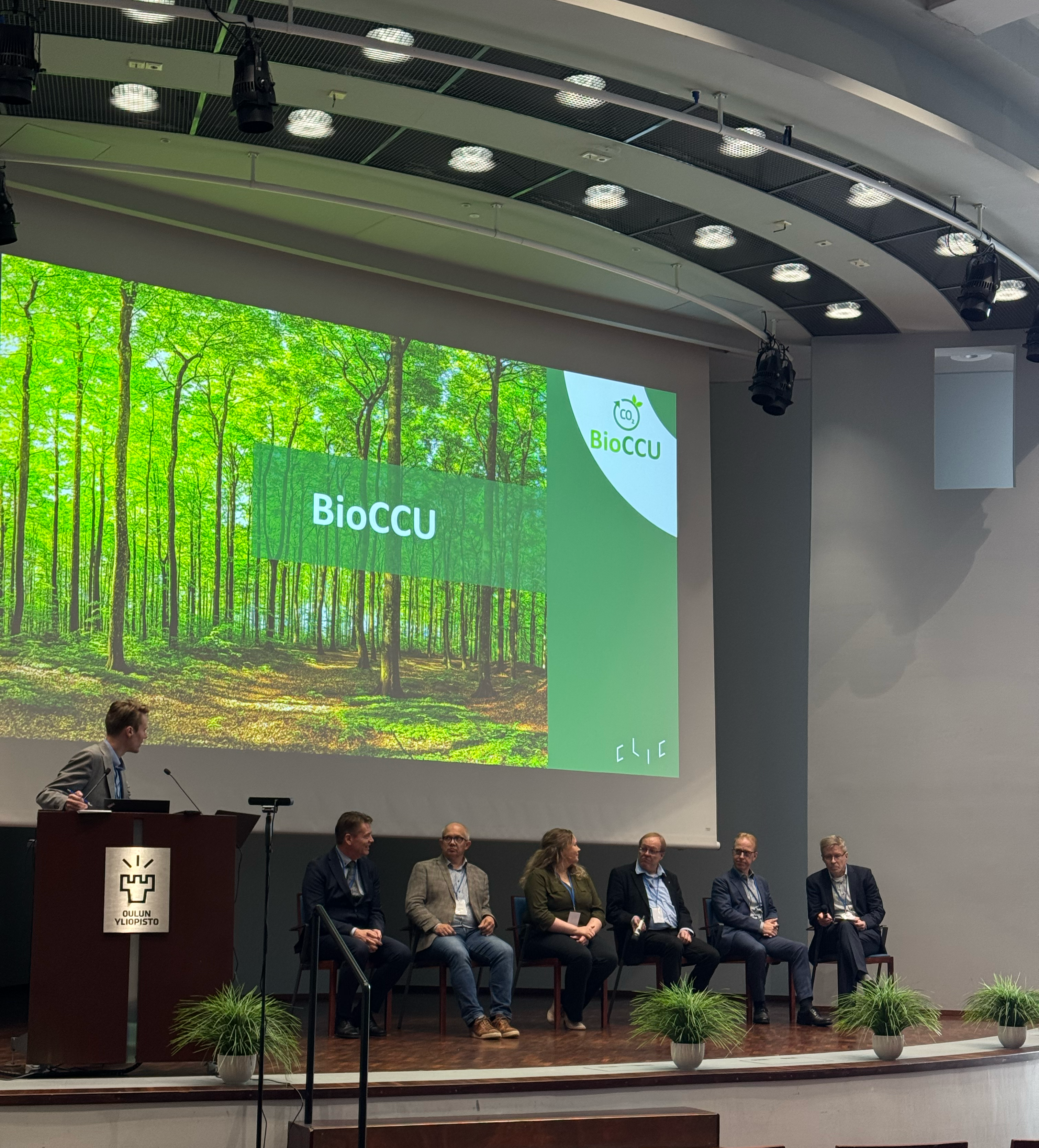Achievements of the BioCCU project
The BioCCU project is unique in that it has focused on technology and examined the value chains required for implementing a circular economy. The panel emphasized that the project has succeeded in simplifying processes, especially in carbon dioxide capture technologies, resulting in clear and functional solutions. Significant progress has also been made in electrolysis technologies.
One of the project’s strengths has been interdisciplinary collaboration, which has produced results that could potentially help companies and policymakers identify key focus areas. The discussion highlighted that CCU solutions (Carbon Capture and Utilization) have proven competitive and sensible within the context of the circular economy.
Development needs and challenges
The panel also addressed the project’s development needs. Regulatory issues require further attention, and hydrogen-related legislation needs more focus. Concrete value chains must be examined, and increasing the TRL (Technology Readiness Level) is essential to commercializing the technologies on a large scale. The development of larger equipment and resolving end-user questions are ongoing.
Cost efficiency emerged as a central challenge. Researchers were called upon to present their results better and demonstrate their impact. The panel noted that more effort is needed to promote commercialization and reduce costs.

Surprising findings and unique aspects of BioCCU
The most surprising finding during the project was that, while climate change regulation was initially the focus, the circular economy and its associated value chains became even more prominent. This underscores that carbon dioxide utilization is not just a technological issue but requires a holistic approach and an understanding of regulatory frameworks.
The BioCCU project differs from similar initiatives due to its broad research scope. It has explored many different options and approached solutions from a wide perspective. The panel stated that while BioCCU has been exciting and thriving, more projects are needed in this field, especially in Finland.
Future Needs and Solutions
The results of the BioCCU project are promising, but there are still challenges to commercialization. Sustainable products are currently more expensive, but initial costs are expected to decrease as technology advances. The panel pointed out that marketing and technology acceptance are significant barriers, as fossil fuels remain too cheap. Commercialization also requires more advanced regulation and recognition of CCU solutions.
In the bigger picture, more than a single solution will be needed. Technological and regulatory progress is needed. As thepanel stated, ” It would have been great if the BioCCU project had solved all the challenges, but more pilot projects and research initiatives are needed to make carbon dioxide utilization a reality.”


